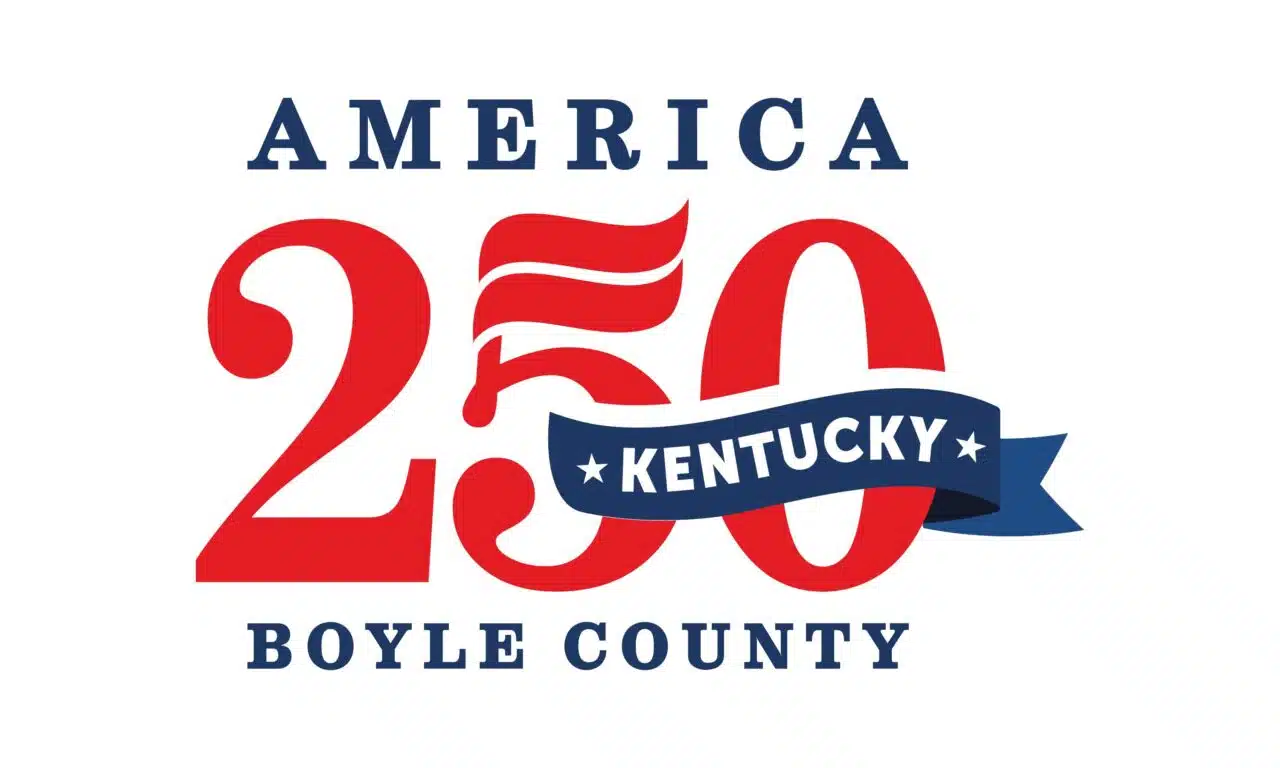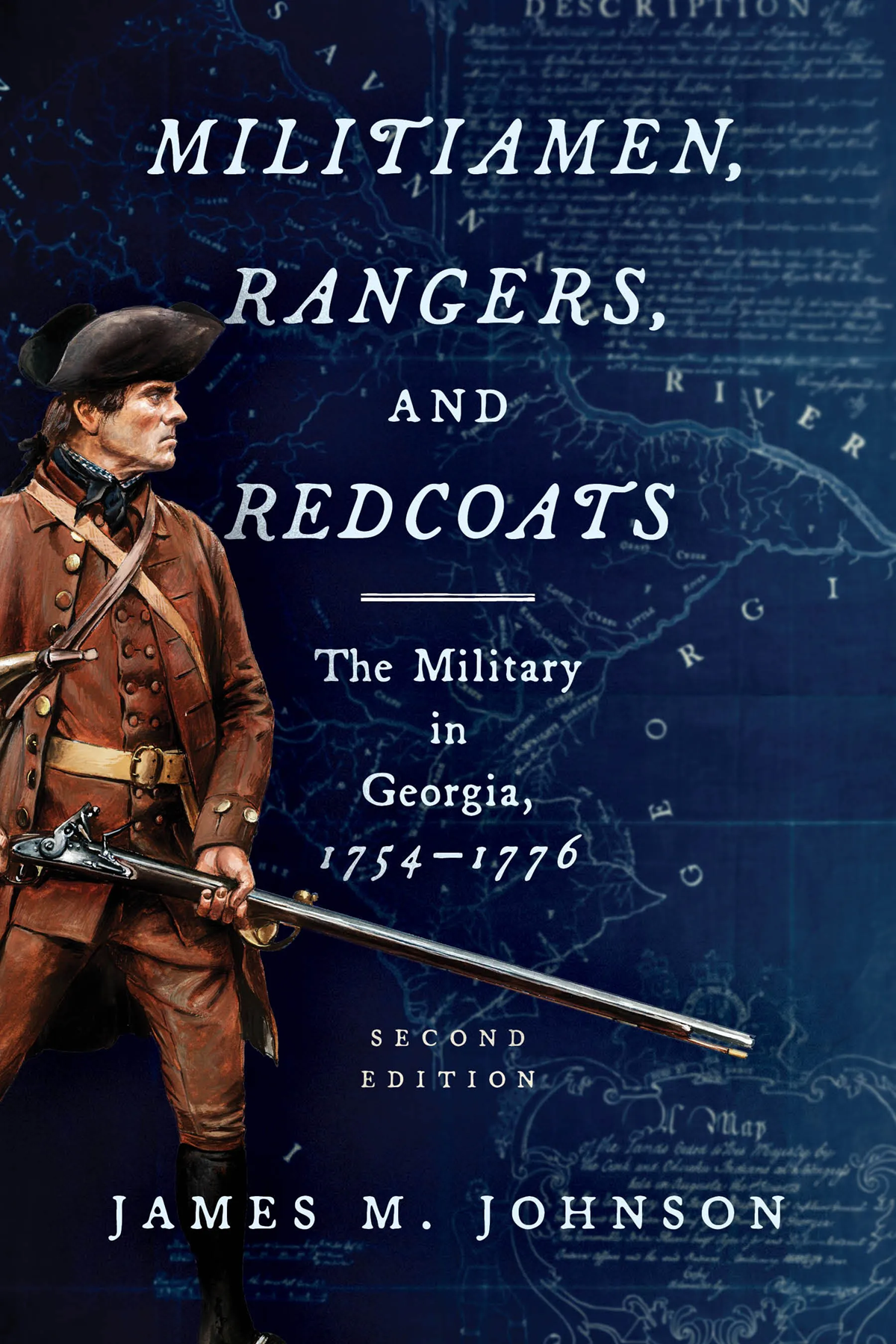Join us for an America250 lecture with Colonel (Retired) James M. Johnson, PhD, Emeritus Professor of History, Marist University.
Dr. Johnson will use his impression in uniform as an ensign in the Kentucky militia and his book, about colonial Georgia, Militiamen, Rangers, and Redcoats: The Military in Georgia 1754-1776, as a case study to inspire you to think about Kentucky’s role in the American Revolution in this the 250th Anniversary of that conflict. The colony of Georgia and the Kentucky County of Virginia had several characteristics in common as they were both on the American frontier, had relatively small populations, depended on enslaved blacks for their major crops, faced challenges with militiamen from Natives, and used major rivers for settlements and transportation. Georgia was initially founded as a military buffer colony, and the presence of a hostile wilderness environment continued to nurture a military tradition that carried over into the first skirmishes of the American Revolution. Militiamen, full-time provincial troops (Rangers), and British regulars performed, side by side, their respective military functions ranging from combat to internal security. Kentucky’s militia companies would face similar challenges.


Dr. James M. Johnson is Professor Emeritus in History and the Emeritus Dr. Frank T. Bumpus Chair in Hudson River Valley History at Marist University in Poughkeepsie, New York. Now a resident of Danville with his wife Lois, he taught courses in military and Hudson River Valley history there from 2000-2018 and served as founding Executive Director of the Hudson River Valley Institute from its inception in 2002 until 2021. Author of Militia, Rangers, and Redcoats, co-compiler of America’s First River, and the co-editor of “Key to the Northern Country”: The Hudson River Valley in the American Revolution, Dr. Johnson graduated from United States Military Academy in 1969 and served for thirty years in the U.S. Army, retiring as a colonel. Duke University awarded him a Master of Arts in History in 1977 and a PhD in History in 1980. He received a second Master of Arts degree in National Security and Strategic Studies from the Naval War College in 1995. He commanded two field artillery batteries one in Germany and the second in Korea and taught for fifteen years in two tours in the Department of History at West Point. In his second tour there, he headed the military history program, rising to the rank of Professor of History.


